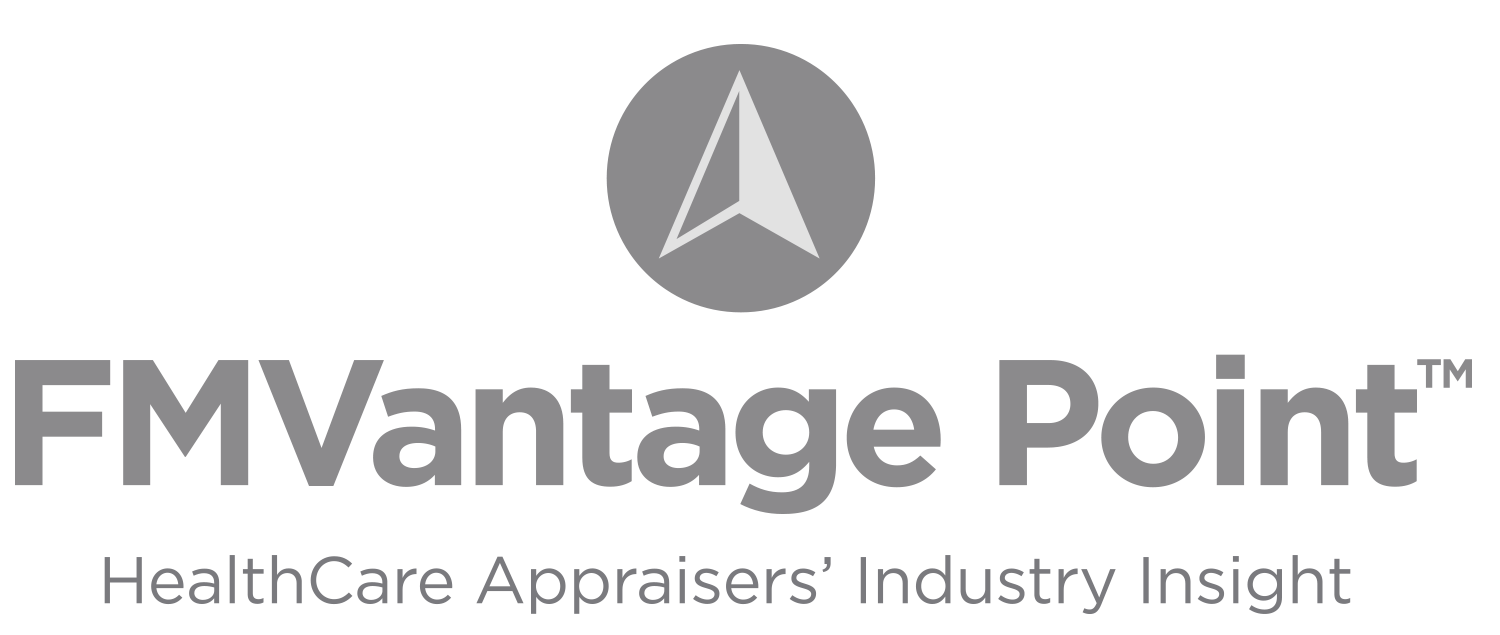Authors: Alyse Bentz, JD, MPH, Erica Jacobovits, JD and Kevin Obletz, JD

On April 16, 2020, HealthCare Appraisers published an article detailing a proposal to help alleviate medical personnel shortages in the battle to combat the global spread of the respiratory disease designated as the coronavirus disease 2019 (COVID-19). The particular measure involved American medical schools allowing their students to graduate early to join in the fight against the growing pandemic. As COVID-19 continues its deadly progression and its longevity becomes more clear, states are looking to other novel solutions to supplement medical staffing in the face of the pandemic. These alternative solutions include allowing retired physicians to rejoin the work force and enlisting foreign-licensed physicians to help alleviate staffing shortfalls.
![]() RETIRED PHYSICIANS
RETIRED PHYSICIANS
A number of states are now allowing retired physicians to rejoin the workforce to help combat the spread of COVID-19. Unfortunately, as many of these physicians are over the age of 65, they are at higher risk of developing complications from COVID-19.[1] However, by assisting with telemedicine consults and other similar services, these physicians’ efforts have paved the way for younger physicians to focus their efforts on the frontlines. As one such physician stated, “[I]f we can remove those from the frontline team so they can focus on the truly ill that’s a great role for retired doctors to play and retired nurses.”[2]
To help ease the transition for retired physicians reentering the workforce to assist with COVID-19, states have enacted measures to help expedite licensure applications for inactive/retired physicians. As of May 5, 2020, 38 states had enacted measures to help retired physicians rejoin the workforce.[3] In addition, waivers have been enacted at both the federal and state levels. For example, at the federal level, liability protections have been enacted to safeguard healthcare workers volunteering in the fight against COVID-19 from malpractice suits.[4] Protections may also be available under state law, through state medical associations, or other similar programs.[5]
![]()
![]()
![]()
![]()
For most foreign-trained physicians, obtaining a medical license in the United States generally involves passing the three-part U.S. Medical Licensing Examination (USMLE)[6], and completion of a certain number of years of a U.S.-based residency program.[7] However, these regulations are being somewhat relaxed to allow physicians from other countries to help the U.S. combat COVID-19. In New Jersey, which has reported over 131,000 positive COVID-19 cases[8] , Governor Murphy signed an Executive Order easing restrictions on foreign-licensed physicians allowing them to practice medicine (on a temporary basis).[9] In New York, which has undoubtedly become the U.S. epicenter of COVID-19, certain restrictions on the practice of medicine by foreign-trained graduates have been relaxed to allow for at least one year of graduate medical education (GME), in lieu of the usual three-year completion requirement.[10]
States that allow foreign-trained physicians to aid U.S. medical personnel on the frontlines in the fight against COVID-19 can reap numerous benefits. Not only are such states able to increase the their staffing levels to adequately care for the ill, they are also able to leverage the experience and expertise of these foreign-trained physicians, particularly when such physicians hail from countries that have successfully curbed the spread of this deadly disease.[11] Furthermore, for immigrant communities in the United States, foreign trained physicians who share the same language and traditions can serve as “cultural liaisons,” helping those from similar backgrounds navigate the complexities of this virus and the evolving guidelines intended to curb its spread.
![]()
![]()
![]()
![]()
[1] See Centers for Disease Control and Prevention (CDC) informational section on “People Who Are At Higher Risk,” available at https://www.cdc.gov/coronavirus/2019-ncov/need-extra-precautions/older-adults.html.
[2] Dina Bair and Katharin Czink, Retired Doctor Says He’s Ready to Jump Into Action During Pandemic, WGN9 (Mar. 23, 2020), https://wgntv.com/news/coronavirus/retired-doctor-says-hes-ready-to-jump-into-action-during-pandemic/.
[3] See, States Expediting Licensure for Inactive/Retired Licensees in Response to COVID-19, FEDERATION OF STATE MEDICAL BOARDS (May 6, 2020), https://www.fsmb.org/siteassets/advocacy/pdf/states-expediting-licensure-for-inactive-retired-licensees-in-response-to-covid19.pdf.
[4] See, H.R. 748 and the Public Readiness and Emergency Preparedness Act (PREP Act).
[5] See, e.g., Uniform Emergency Volunteer Health Practitioners Act (UEVHPA) and the Emergency Management Assistance Compact (EMAC).
[6] Which enables the foreign-licensed physician to become certified by the Educational Commission for Foreign Medical Graduates (ECFMG), a necessary step which precedes application to a hospital-based residency program. See U.S. Medical Licensure Requirements, available at https://www.usmlecourses.eu/united-states-medical-licensure-requirements/.
[7] See State Licensure Board Requirements for International Medical Graduates, available at https://www.ama-assn.org/education/international-medicaleducation/state-licensure-board-requirements-international-medical. For a list of state-by-state requirements, see https://www.ama-assn.org/sites/ama-assn.org/files/corp/media-browser/public/img/licensure-comparison-imgs-usmgs_1.pdf
[8] See https://www.nj.gov/health/cd/topics/covid2019_dashboard.shtml.
[9] The temporary license allows the foreign-licensed physician to practice medicine in the State of New Jersey for the duration of the State of Emergency or Public Health Emergency, whichever period is longer. The eligibility of this program is extended to those foreign-licensed physicians engaged in the practice of medicine for a period of at least five years, and also restricted to those in good standing in the other country in which he/she is licensed to practice. See Executive Order No. 112, available at https://nj.gov/infobank/eo/056murphy/pdf/EO-112.pdf.
[10] Executive Order No. 202.10 (Mar. 23, 2020), available at https://www.governor.ny.gov/news/no-20210-continuing-temporary-suspension-andmodification-laws-relating-disaster-emergency
[11] Currently, the United States leads the world in confirmed infections and deaths from COVID-19. See Kaiser Family Fund (KFF) “Covid-19 Coronavirus Tracker” available at https://www.kff.org/global-health-policy/fact-sheet/coronavirus-tracker/. Physicians and other staff from countries such as Germany, which has one of the lowest COVID-19 mortality rates, can share their knowledge and expertise with American medical personnel. See, COVID-19 Dashboard by the Center for Systems Science and Engineering, Johns Hopkins University, available at https://coronavirus.jhu.edu/map.html.
